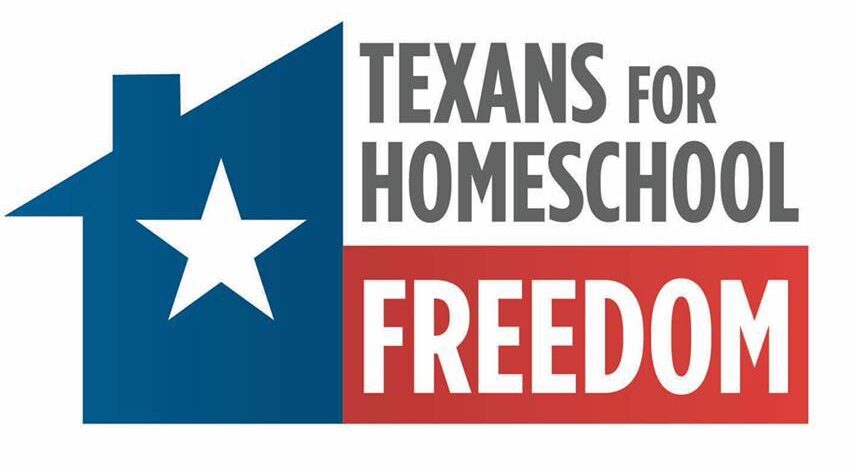Texas’ first compulsory attendance law was passed in 1915, and it simply stated that a child of a certain age was required to attend public school unless they were attending a private school. At that time, homeschools were treated as and considered to be private schools. For the next six and a half decades, nothing changed. It wasn’t until 1981 that the Texas Education Agency ruled that homeschools were not private schools and that those homeschooled students were subject to the compulsory attendance laws.
This is when homeschool parents began to fear for their safety and their children’s safety. Many parents were taken to court. Some were even arrested. Eventually a group of homeschool parents got together and sued their local school district on the grounds that they believed homeschools were private schools and that because of this fact, their children should not be subject to the compulsory attendance laws. This case became known as Leeper vs. Arlington Independent School District.
In 1994 the Texas Supreme Court ruled in favor of the homeschool parents in the Leeper case. The ruling determined that homeschools were private schools because historically they had always been treated as such and no state statute existed to contradict that definition. Leeper became the legal precedent for defining homeschooling in the state of Texas.
This precedent lasted until 2007 when an organization called Texas Home School Coalition (THSC) pushed for and helped pass a bill designed to help homeschool students take the PSAT. This bill took a portion of the Leeper definition of homeschooling and separated it from private schools in the state statute. In 2021, THSC pushed for another bill designed to let homeschool students play in University Interscholastic League (UIL) sports. This bill used the same definition of homeschooling, once again separating it from private schools, and marked the first open door to legal challenge and slippery slopes toward homeschool regulation in this state.
Why Definitions Matter
When the TEA decided to mess with homeschoolers, the Texas Supreme Court was able to look at history, create the legal precedent for what defines homeschooling, and get the TEA to stand down. When the Legislature separated the definition of homeschooling from private schooling, the Texas Attorney General was able to use this new definition to go after “diploma mills” and shut them down.
While that may sound like a noble thing to do, Texans for Homeschool Freedom maintains that public schools could be just as guilty of the label “diploma mills,” and any usage of this definition to “crack down” on any type of private education, so long as it is not taxpayer funded, is a threat to all parents wishing to direct their children’s education.
So in the future, should any bureaucrat, state agency, law maker, or law enforcer ever decide to once again test the compulsory attendance law with a homeschool family, that family can no longer rely on history or the previous Leeper ruling. They will have to prove that their homeschool circumstances meet the criteria of the state statute and hope that the State agrees.
Definition of Homeschooling under Leeper
“A school-age child:
- residing in the State of Texas who is pursuing under the direction of a parent or parents or one standing in parental authority in or through the child’s home
- in a bona fide (good faith, not a sham or subterfuge) manner,
- a curriculum consisting of books, workbooks, other written materials, including that which appears on an electronic screen of either a computer or video tape monitor, or any combination of the preceding from either (1) of a private or parochial school which exists apart from the child’s home or (2) which has been developed or obtained from any source,
- said curriculum designed to meet basic education goals of reading, spelling, grammar, mathematics and a study of good citizenship,
is in attendance upon a private or parochial school within the meaning of Section 21.033(a)(l)* of the Texas Education Code and exempt from the requirements of compulsory attendance at a public school.”
* now Section 25.086 of the Texas Education Code “EXEMPTIONS. (a) A child is exempt from the requirements of compulsory school attendance if the child:
(1) attends a private or parochial school that includes in its course a study of good citizenship;”
Definition of Homeschooling under Texas Education Code 29.916
“Home-schooled student means a student who predominantly receives instruction in a general elementary or secondary education program that is provided by the parent, or a person standing in parental authority, in or through the child’s home.”
